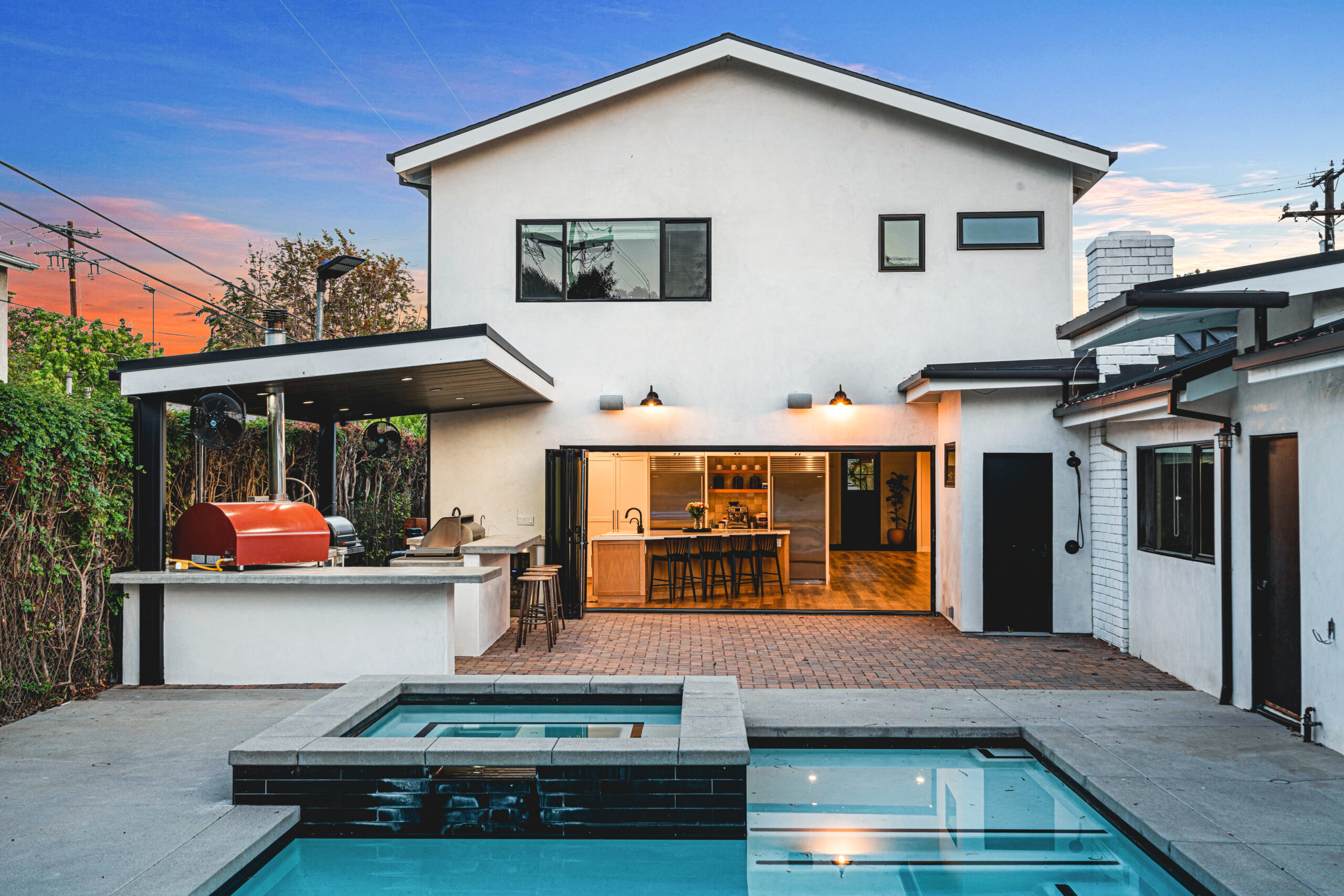The True Cost of Pool Ownership: What to Expect
Owning a pool is a dream for many homeowners, but it’s essential to understand the true cost of pool ownership before taking the plunge. Beyond the initial installation, there are ongoing expenses that can add up over time. This blog will break down the costs associated with owning a pool so you can plan accordingly and make an informed decision.

The first major cost to consider is the initial installation. As mentioned in previous blogs, the cost of installing a pool can range from $20,000 to $100,000 or more, depending on the type of pool, materials used, and additional features. Concrete pools are the most expensive to install but offer the most customization, while vinyl and fiberglass pools are generally more affordable options. The installation cost also includes permits, landscaping, and possibly even fencing, which is often required by local building codes.
Once your pool is installed, the ongoing maintenance costs begin. Regular cleaning, which includes skimming debris, vacuuming the pool floor, and brushing the walls, is essential to keep the pool in good condition. Many homeowners opt to hire a professional pool service, which can cost between $100 and $200 per month, depending on the size of the pool and the level of service required. Alternatively, you can maintain the pool yourself, but this requires time, effort, and some knowledge of pool care.
Chemical costs are another ongoing expense. Properly balancing the pool’s pH levels and sanitizing the water with chlorine or salt is crucial to keeping the water safe and clean. Expect to spend around $50 to $100 per month on chemicals, though this can vary depending on the size of your pool and local water conditions. Additionally, energy costs associated with running the pool pump, heater, and lights can add another $50 to $300 to your monthly utility bill, depending on usage and the efficiency of your equipment.
Repairs and replacements are also inevitable over the life of your pool. Pool liners, pumps, heaters, and other equipment have a finite lifespan and will need to be repaired or replaced eventually. These costs can range from a few hundred dollars for minor repairs to several thousand for major equipment replacement.
In conclusion, while owning a pool can significantly enhance your lifestyle and property value, it’s important to budget for the ongoing costs associated with maintenance, repairs, and energy usage. By understanding these costs upfront, you can enjoy your pool without any financial surprises and make the most of your investment.



